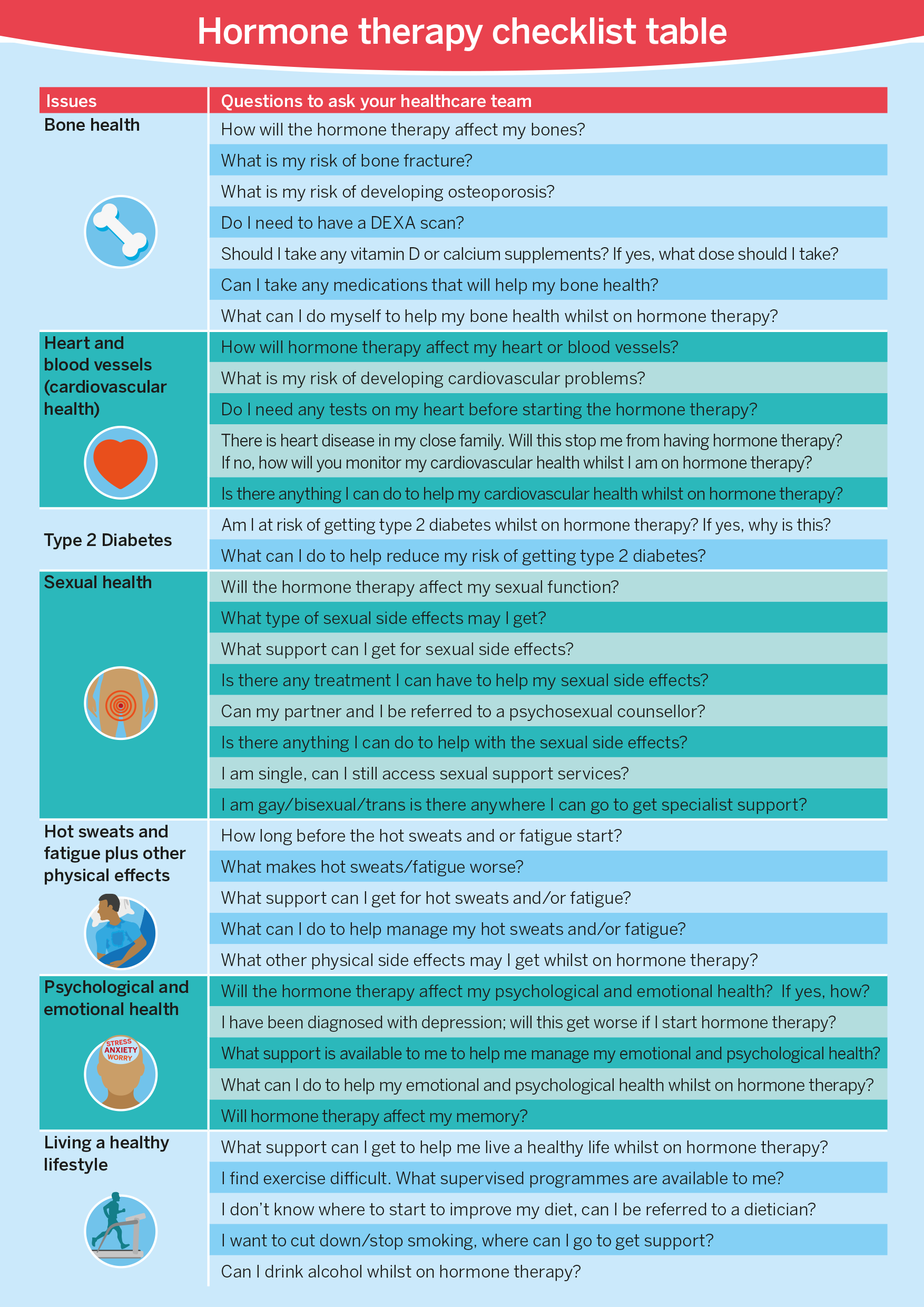Getting support for long-term effects of hormone therapy
Hormone therapy can have many effects on your body. This page gives you information about the possible long-term effects of having hormone therapy.
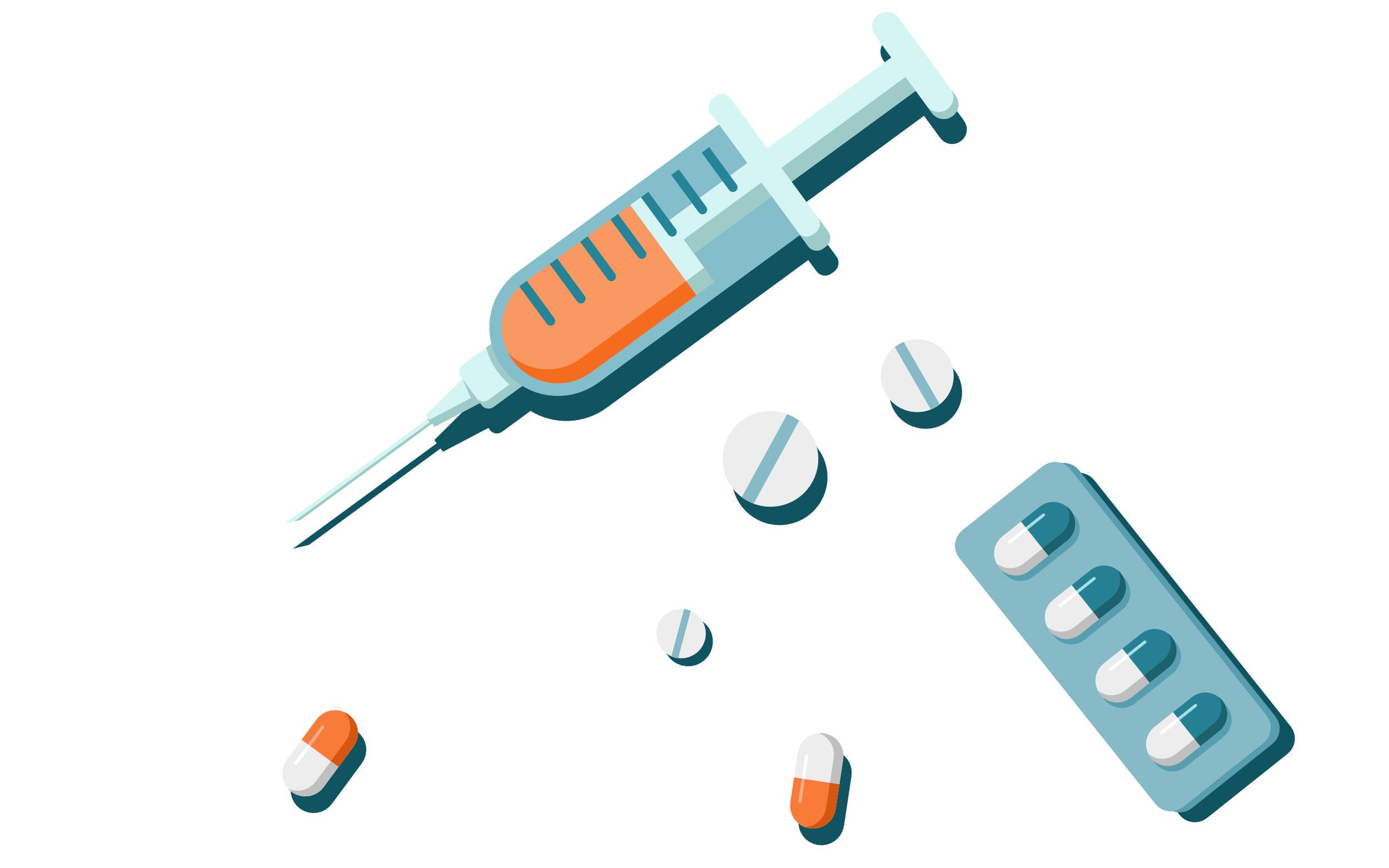

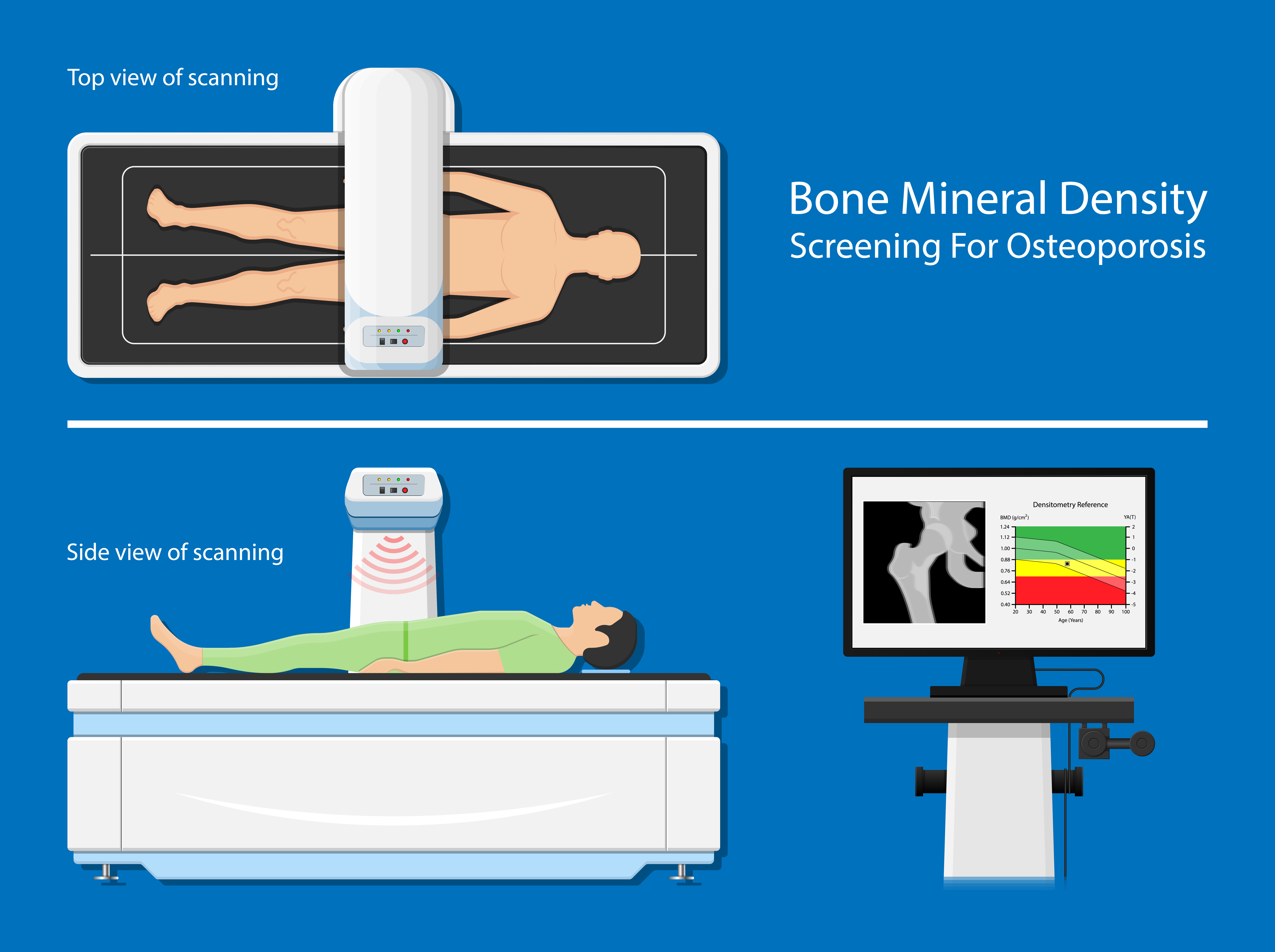
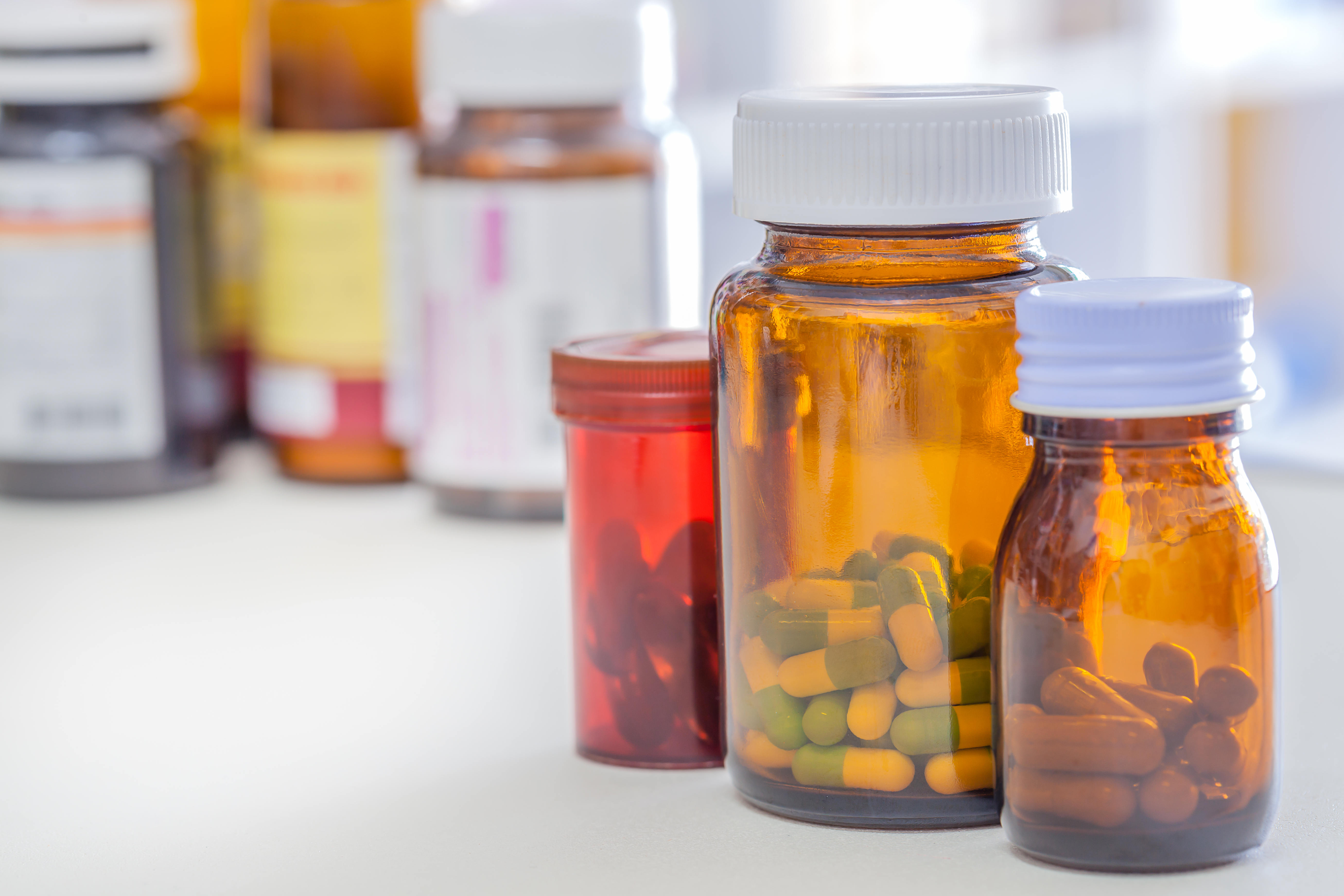
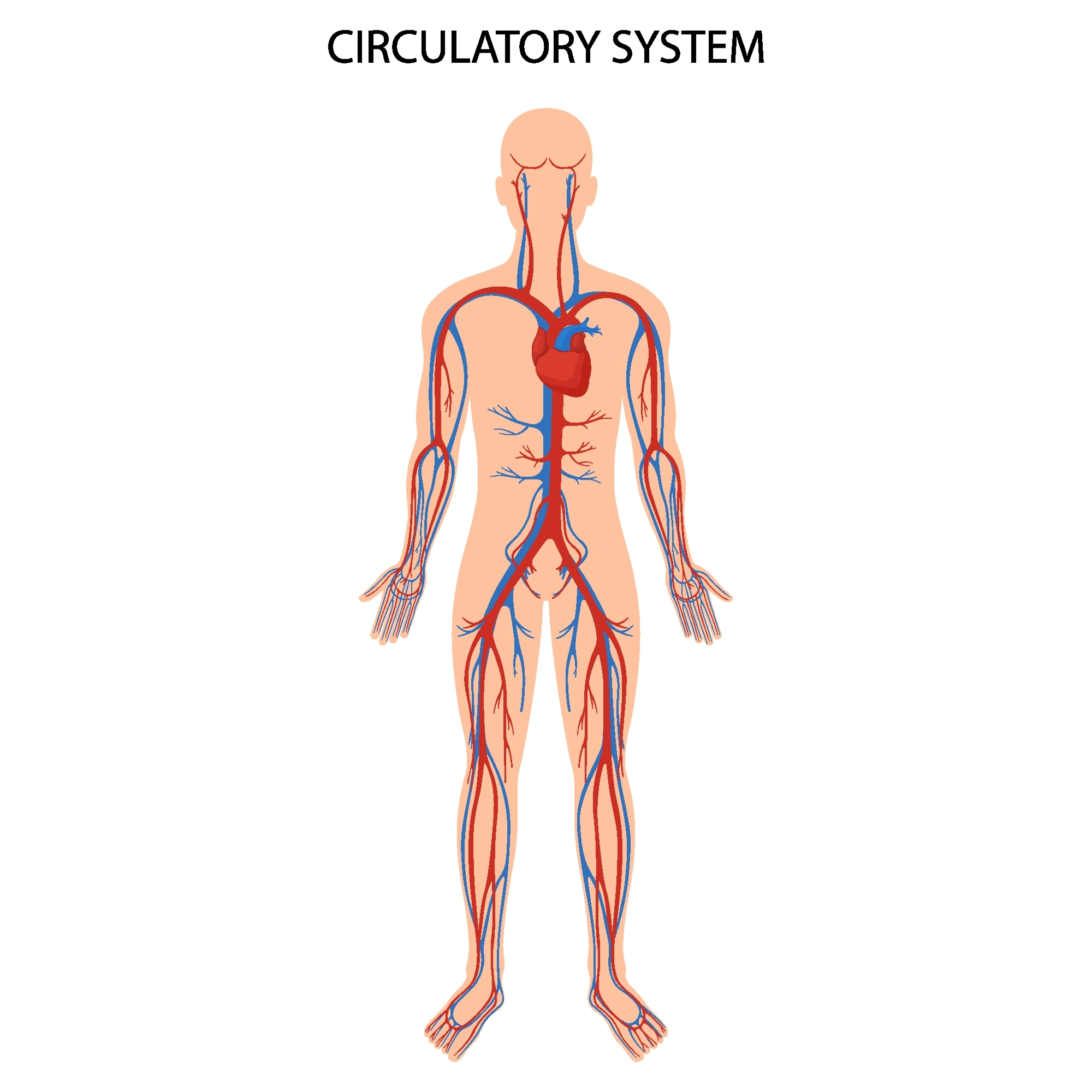
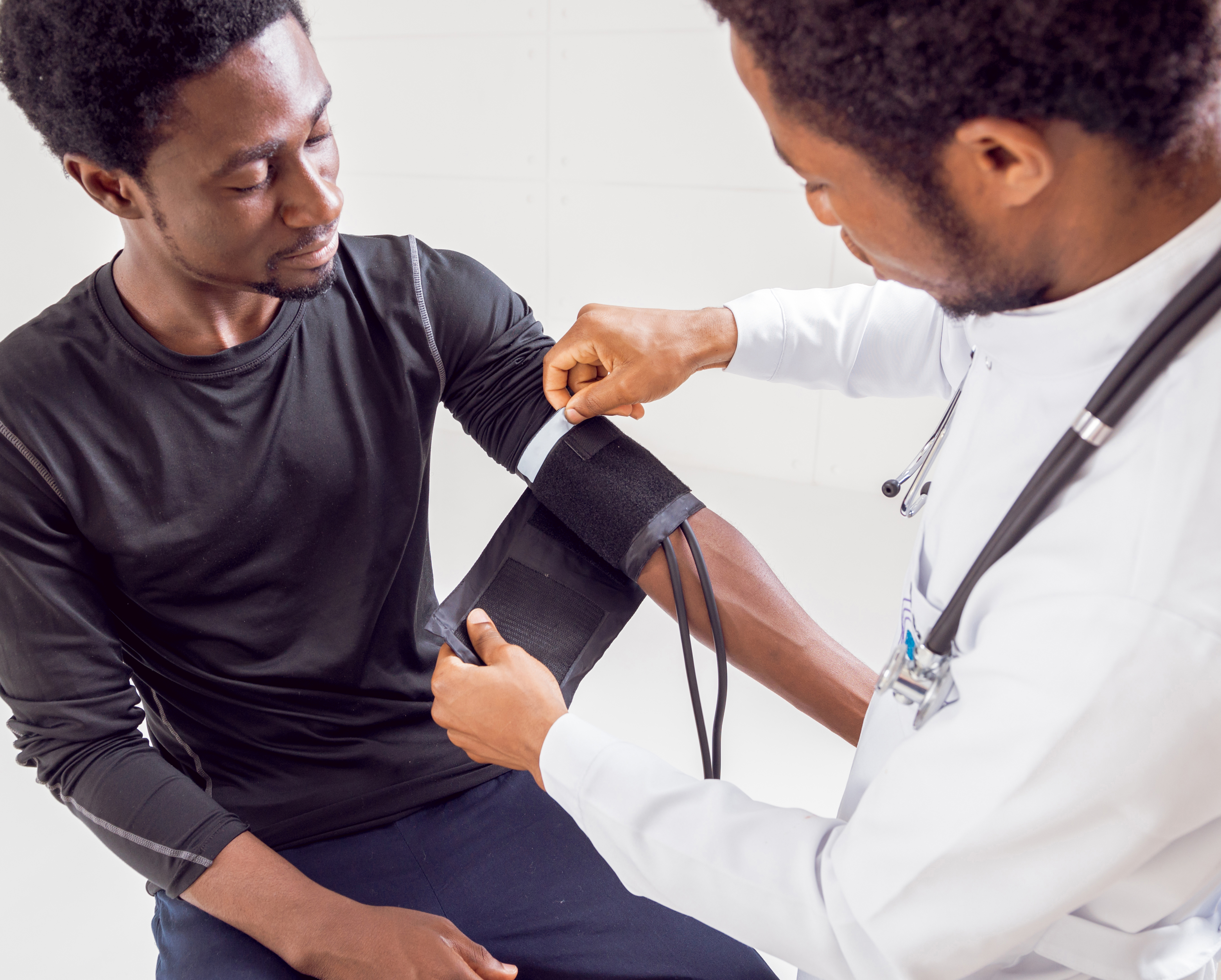
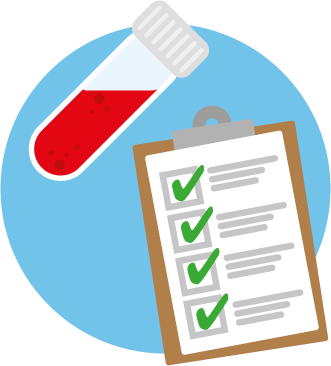
Lifestyle is important. This means:
Playing with your children or grandchildren.
Something that makes your heart work a little harder keeps it healthy. The NHS has exercise guidelines and workouts to help improve your fitness (The link will open in a new tab).

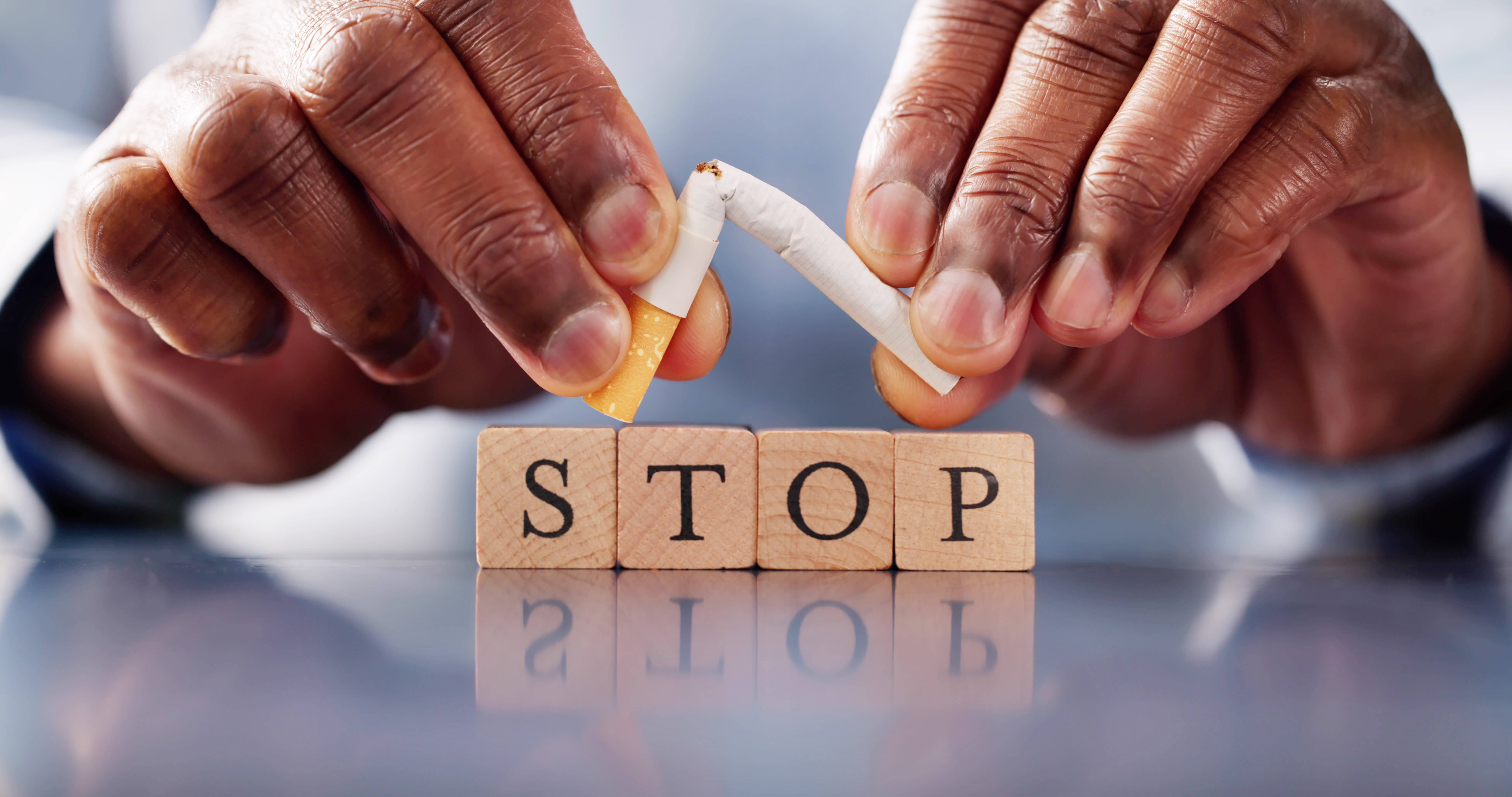
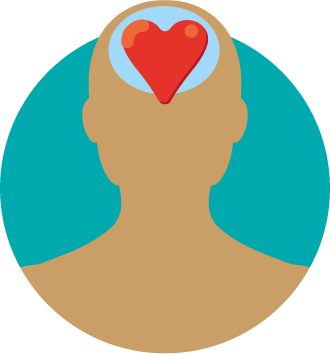
Your healthcare team should discuss with you and your partner (if you have one) about the possible risks of sexual issues before treatment.
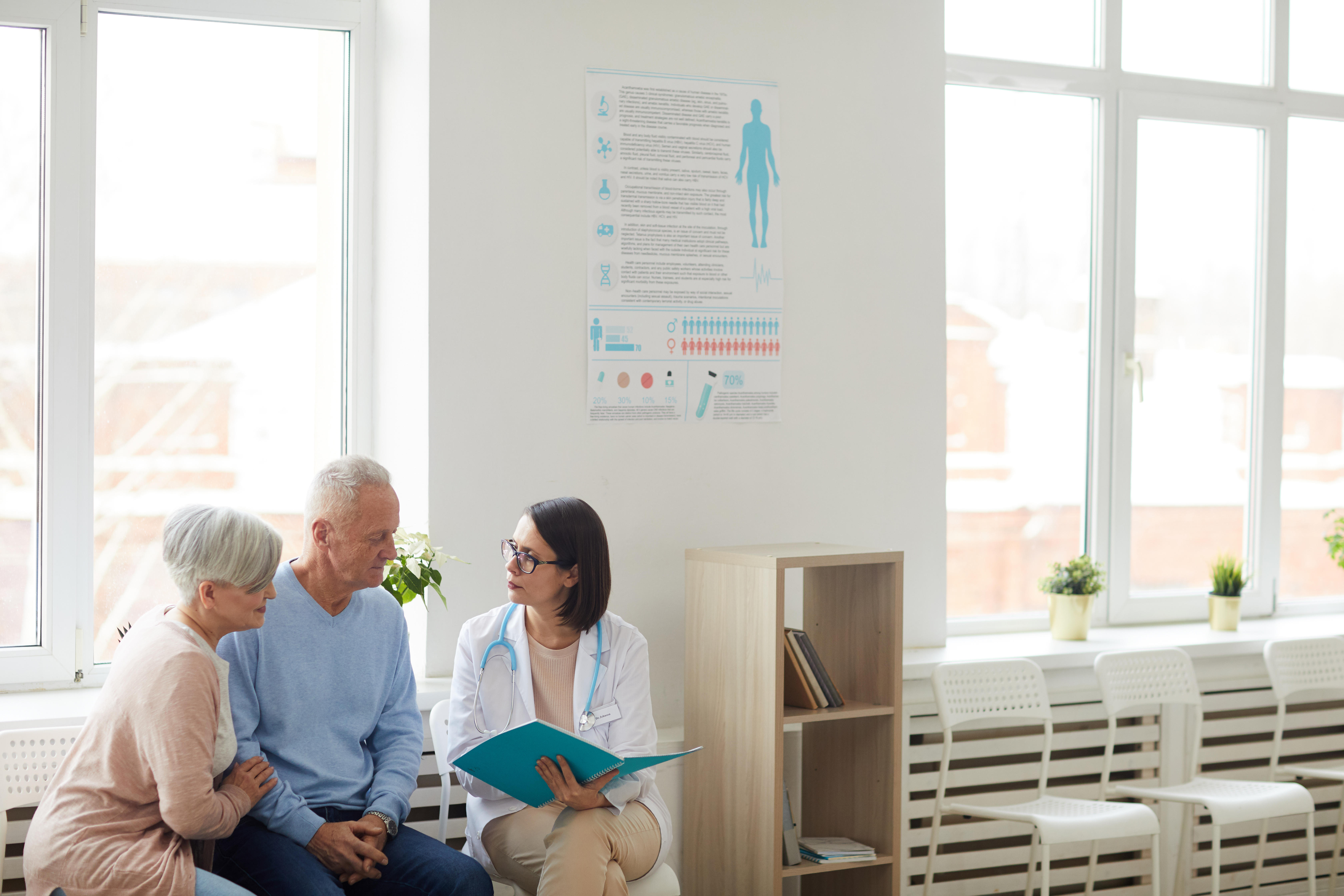
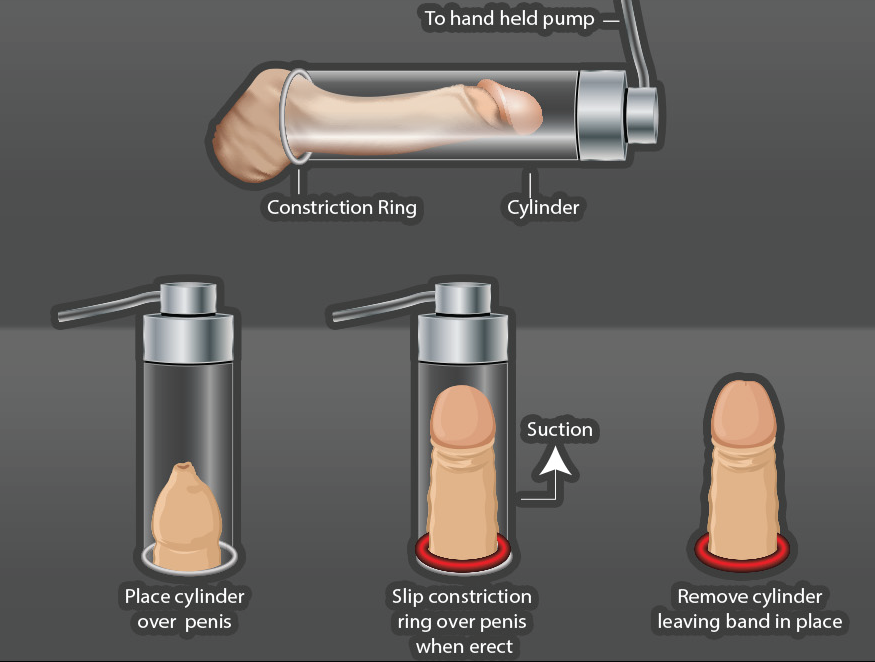
You may also be referred to a psychosexual or relationship counsellor.
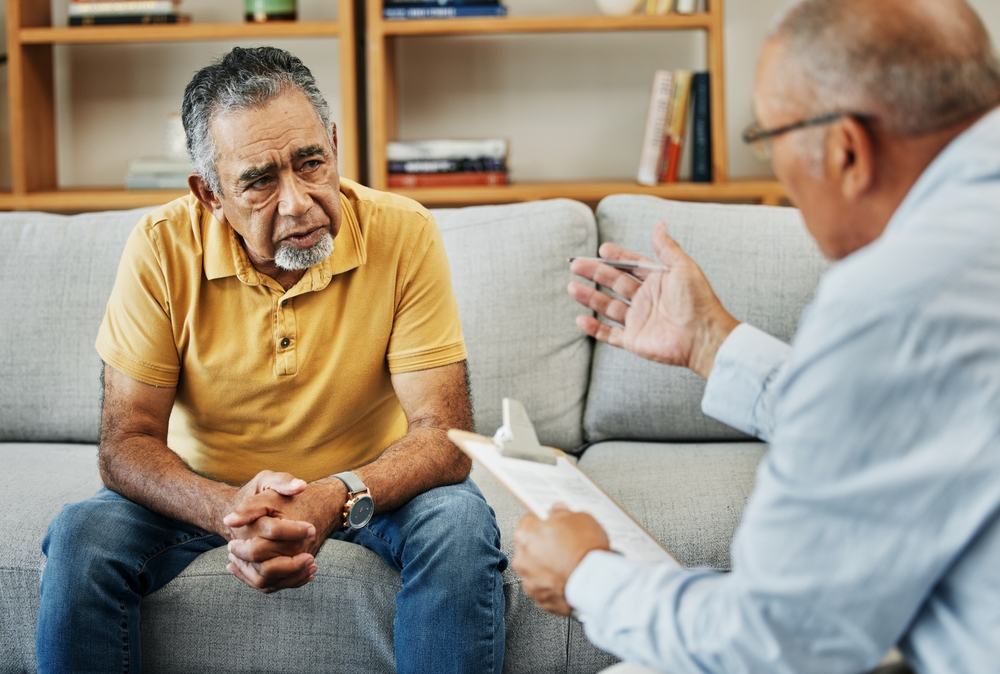

They can also discuss treatments and ways to manage these symptoms.
Some people experience breast swelling or growth when on certaim types of hormone therapy. This is called gynaecomastia.
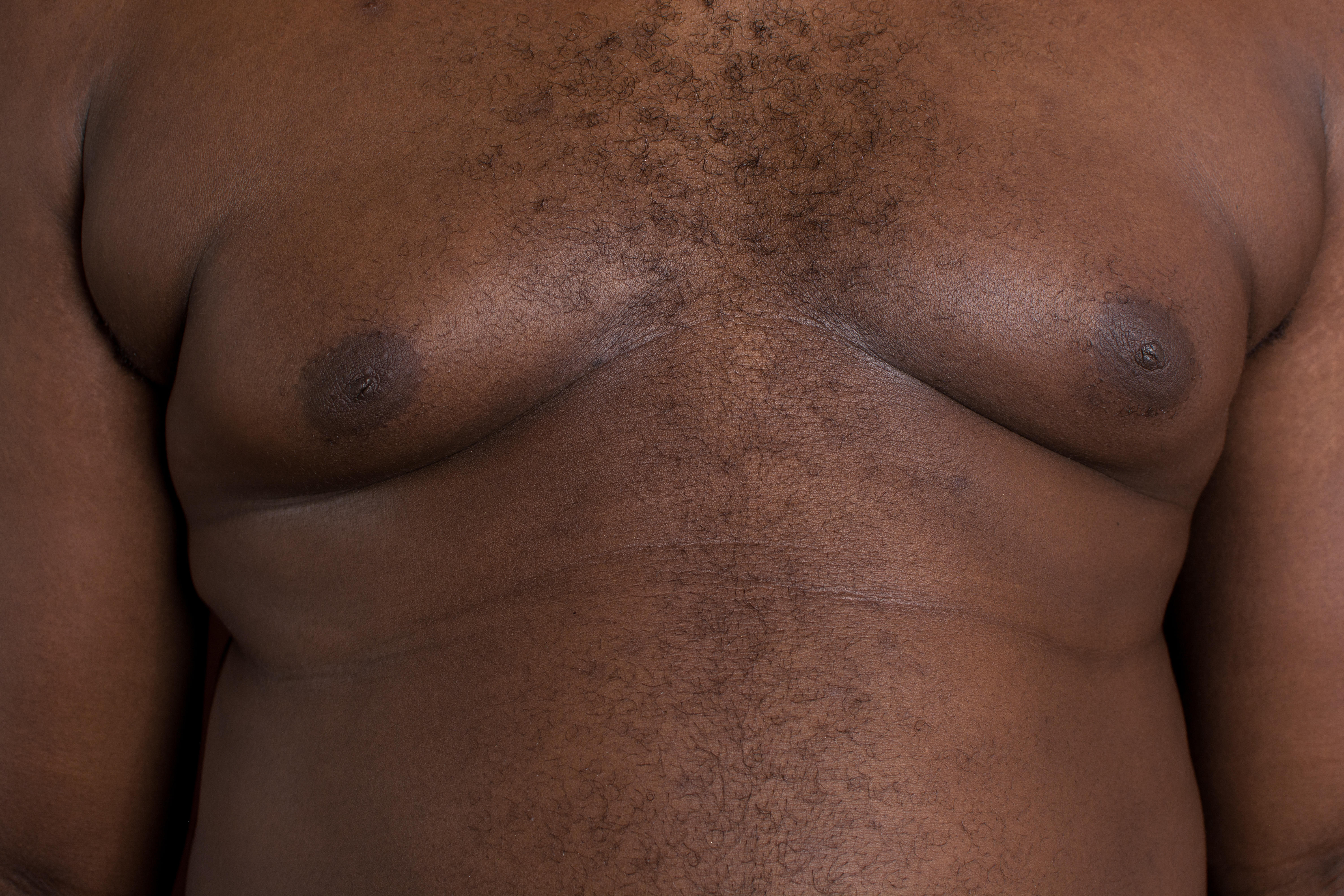
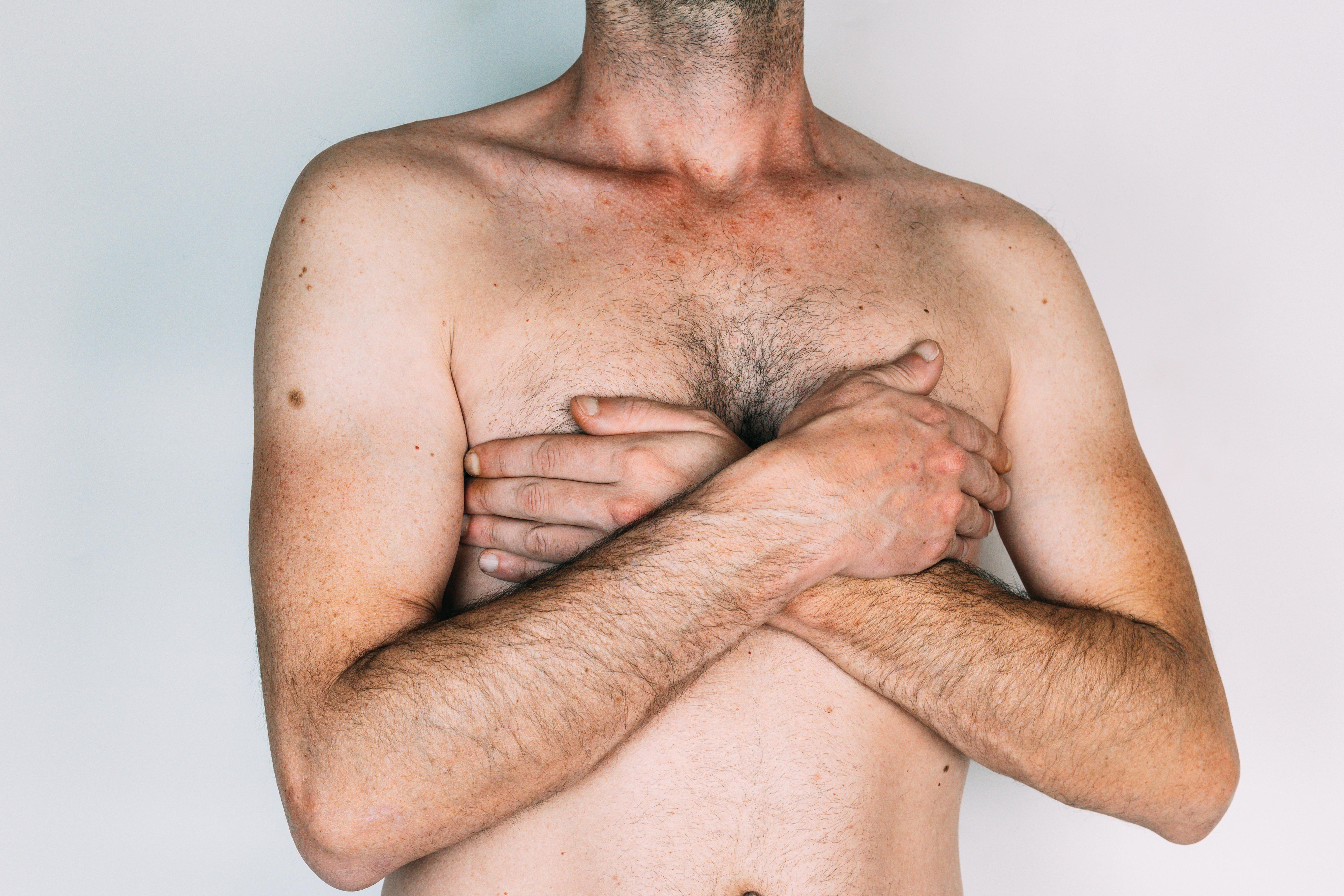
Always talk to your healthcare team about how you feel. They can help you to explore possible treatment options.
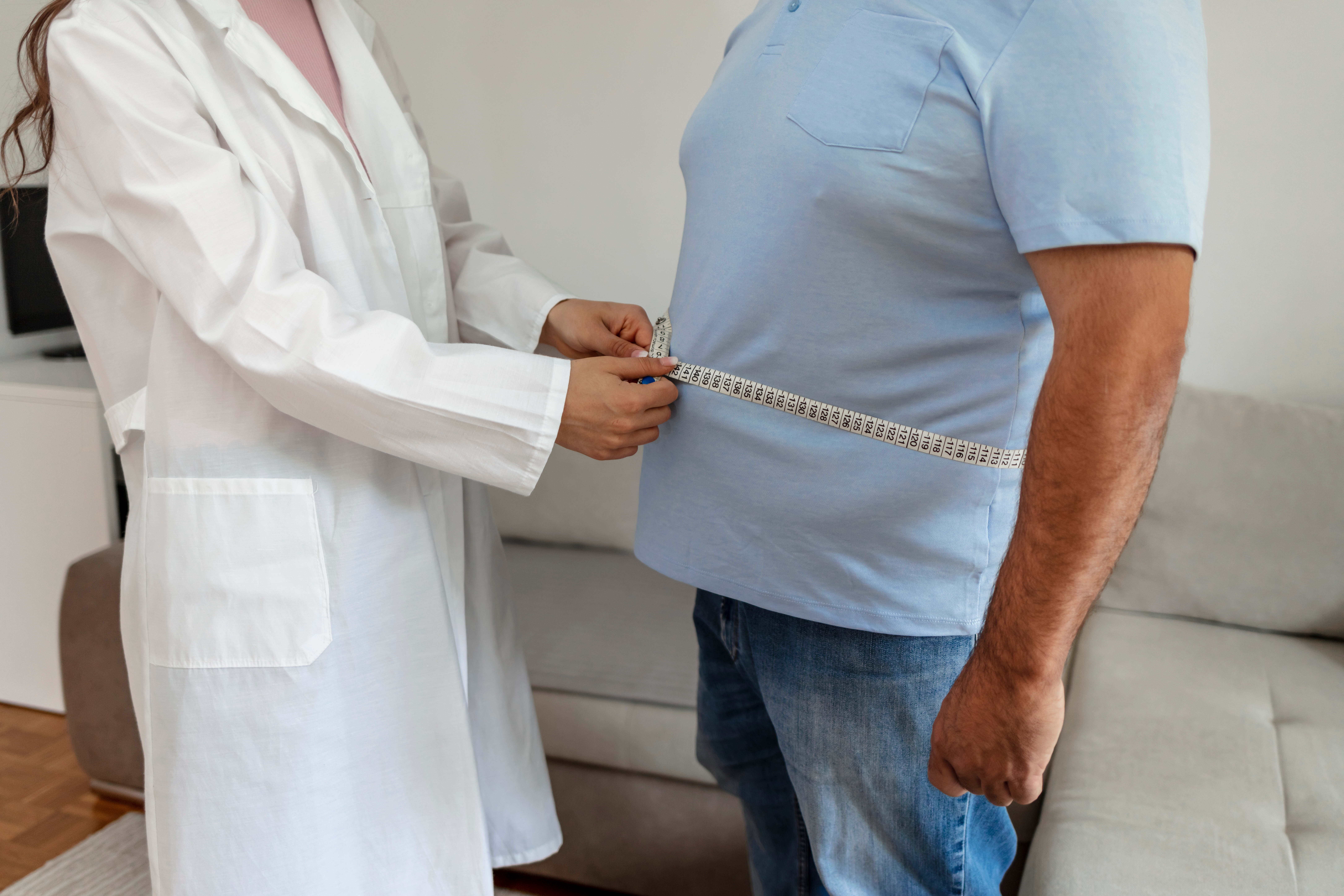
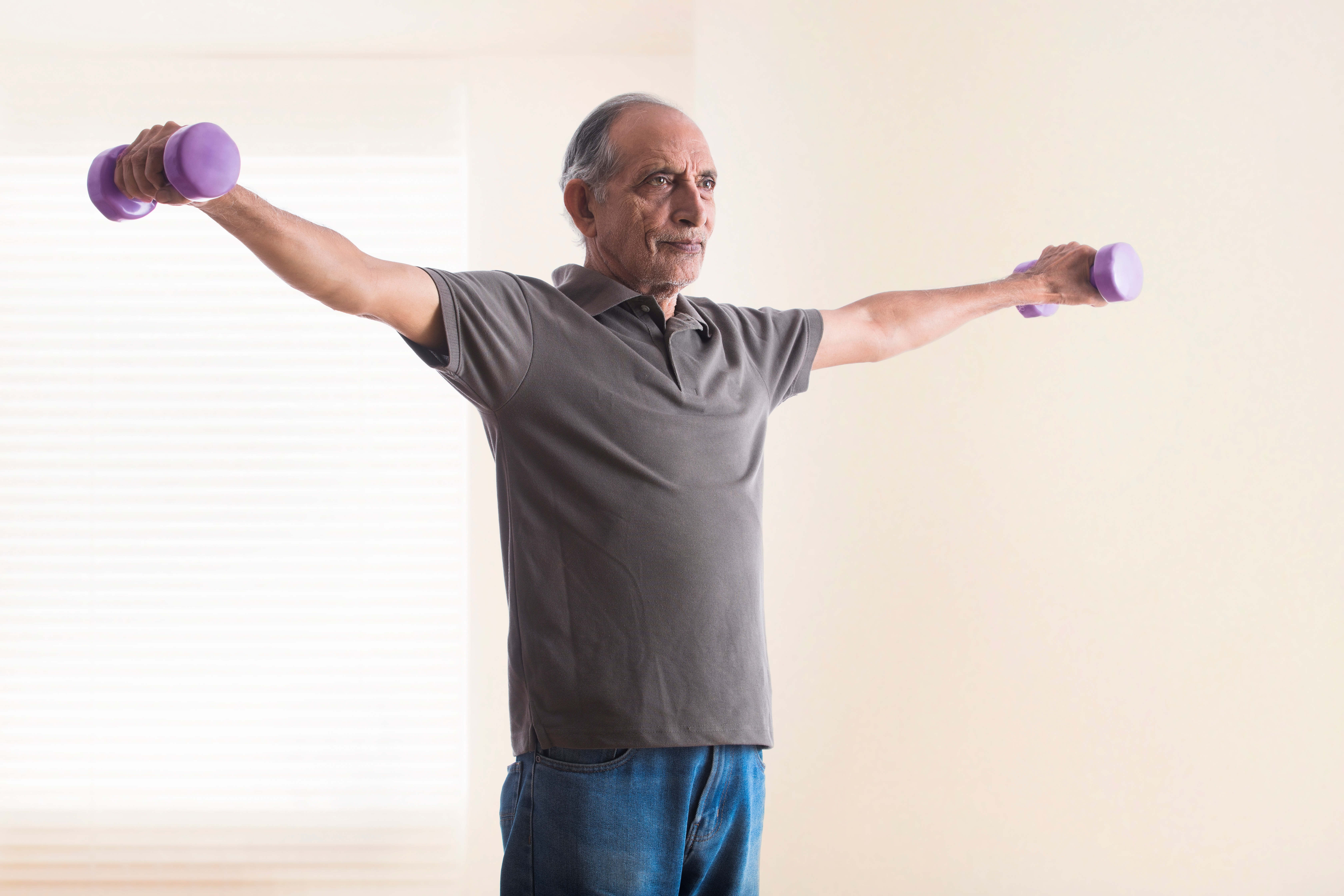
Ask your GP about any exercise programmes available in your area.
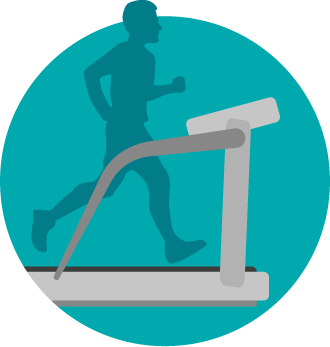
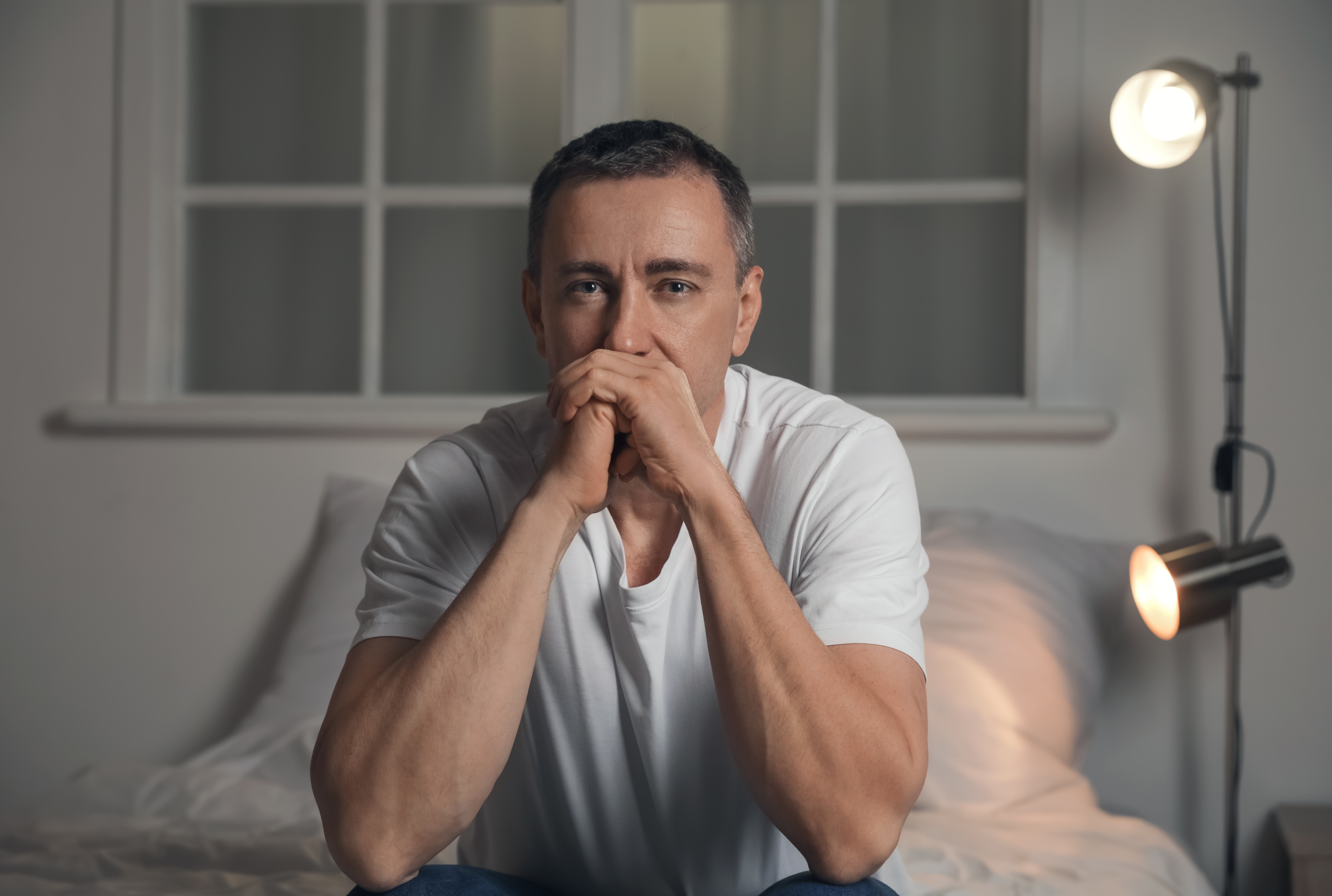
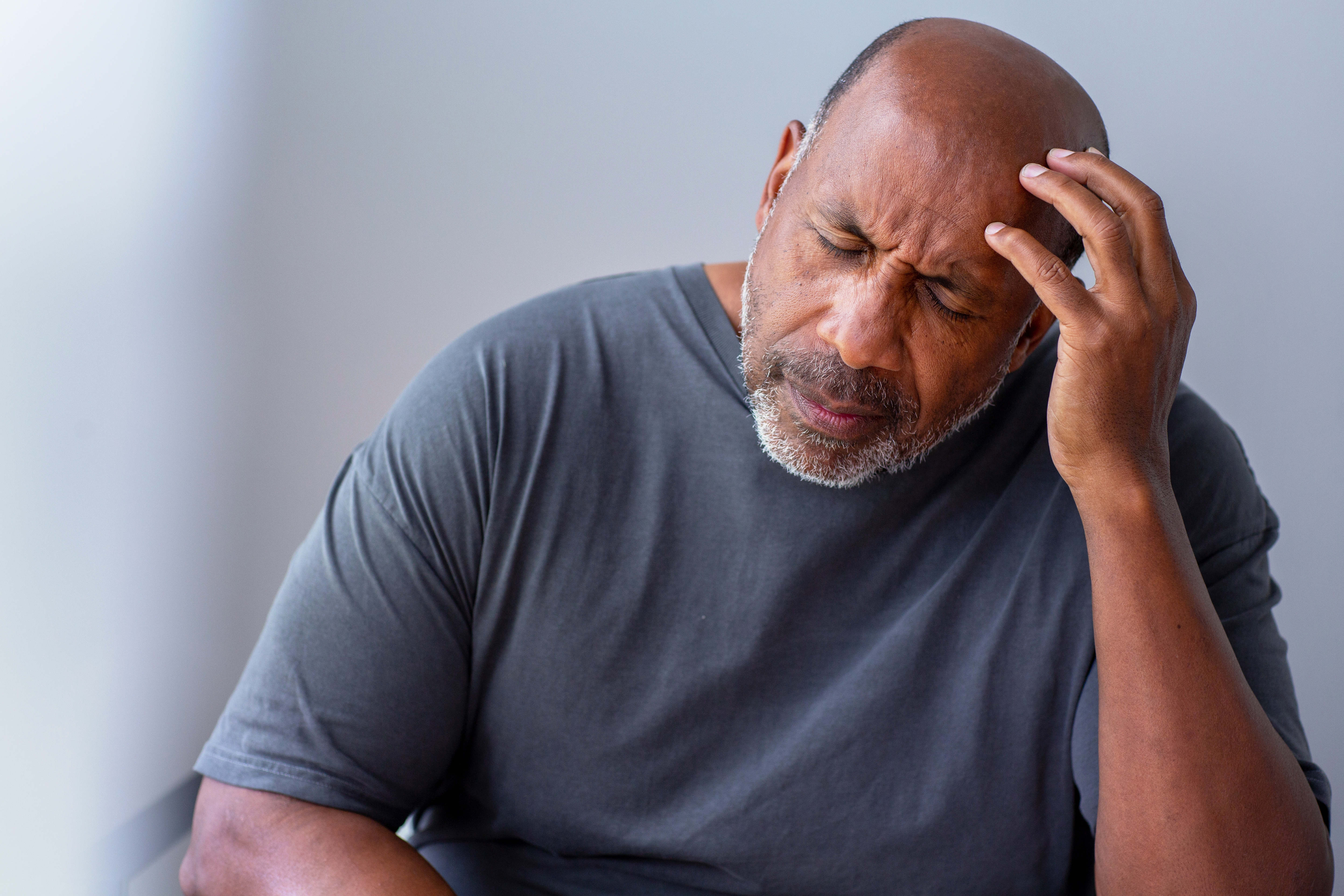
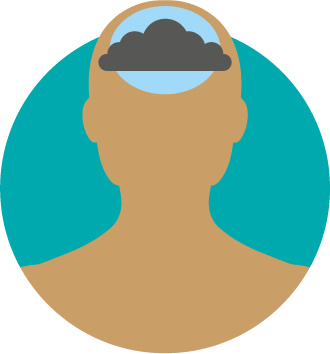
Here are some things that you can do to help manage your brain fog and problems with your memory:
Number 1: Keep physically active. This will improve blood flow to your brain helping it work more efficiently. It will also make you more alert.
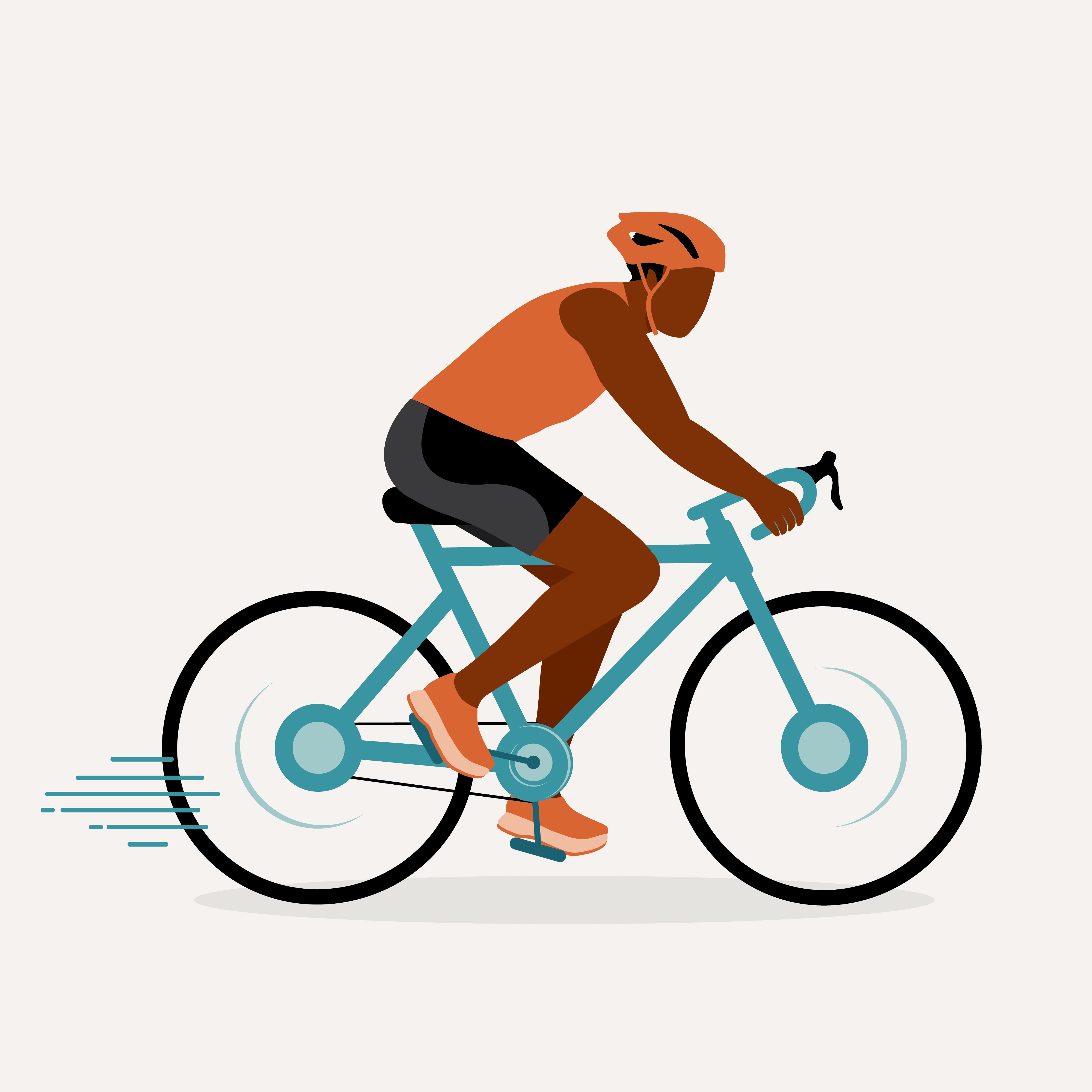
Number 2: Keep your brain active. You can try:
There are many puzzle and memory apps you can download onto your phone or tablet. You can also use traditional board games or pen and paper.

Number 3: Use memory aids. This can be as simple as keeping a to do list or shopping list. You can use a notebook or your phone or tablet. Some people find voice noted more useful. Use a calendar to record medical appointments or family events. You can use timers and alerts on your phone or tablet to help you to remember:
Number 4: Keep a diary. This can be used to record your symptoms or your daily life:
Number 5: Keep stress levels as low as possible. This is easier said then done! But stress can make remembering things more difficult. Here are some things you can do to help lower stress:


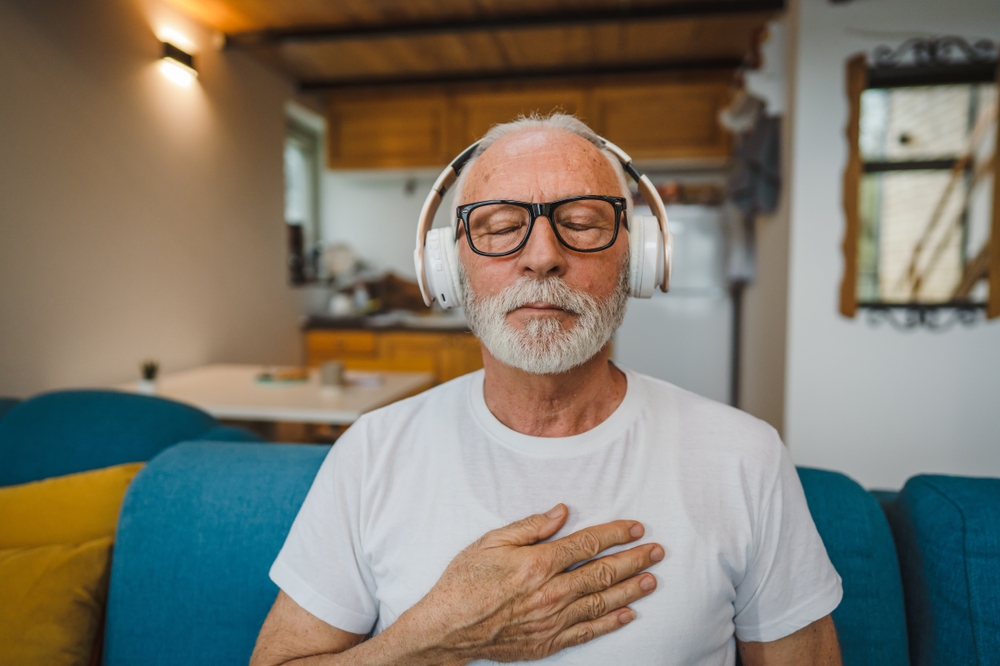
Number 6: Cut down on alcohol. Drinking too much alcohol may affect your ability to think straight or remember things. Cancer Research UK have a page with with tips for cutting down your alcohol use (link will open in a new tab).
Number 7: Simplifying your life. Cut your day into bitesize chunks. Multitasking can be more difficult with brain fog. Divide your day into smaller, achievable tasks. This can be less overwhelming, less stressful and more satisfying.
Visit our emotional and psychological support page for more information and resources on how to manage your mental health.


Who is eligible?
What is included in the programme?
How do I sign up?
